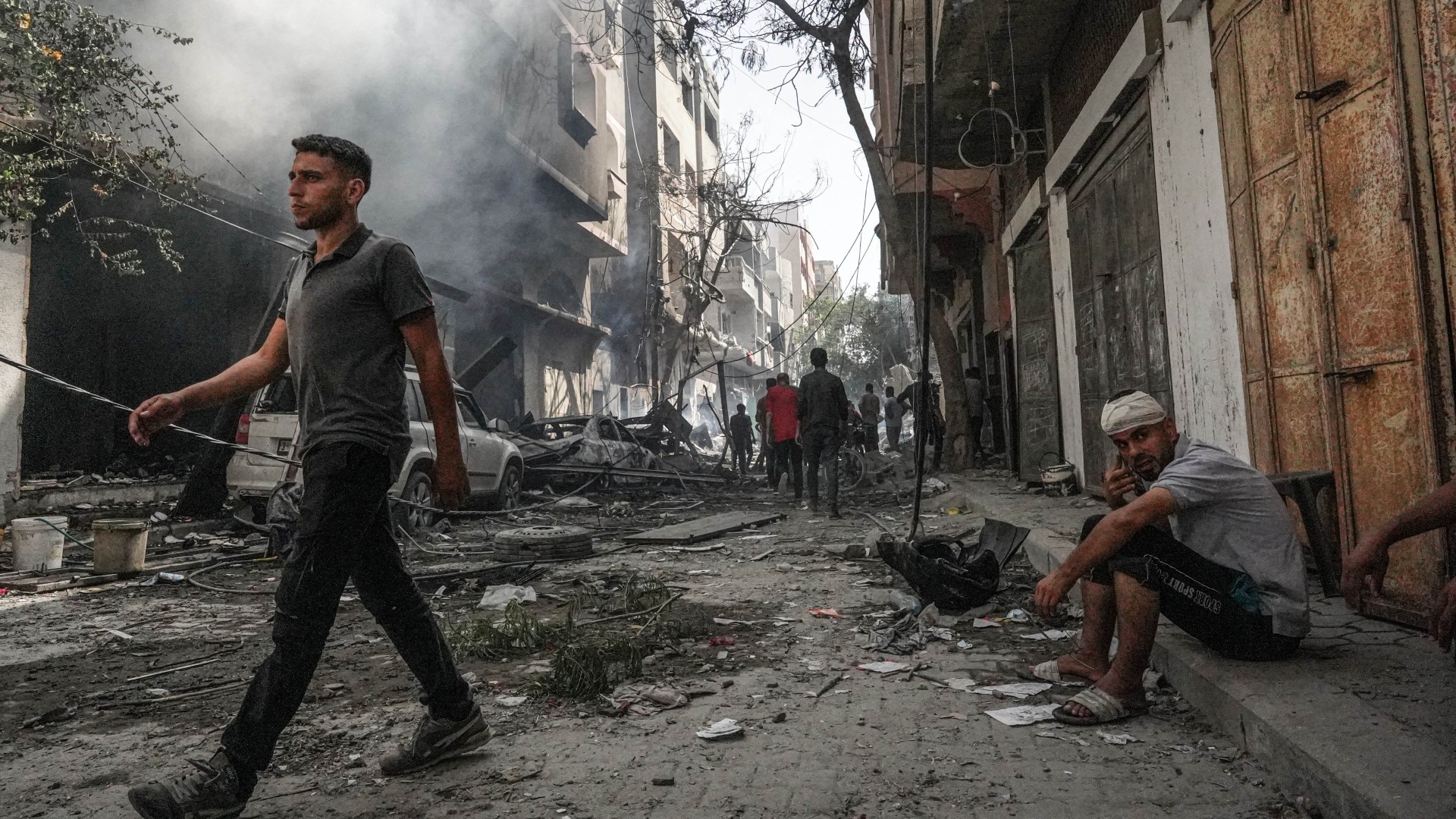Opinion: As student protests persist, will universities allow another Kent State Massacre?

"We're back bitches," read a banner hung up by the Columbia University Students for Justice in Palestine on Saturday. The group that helped spark the "student intifada" on university campuses worldwide to end the genocide in Gaza returned for alumni weekend and made it clear that they had no intention of backing down.
Since the first encampment launched on 17 April, in tandem with the latest congressional hearing to suppress pro-Palestine student activism, observers everywhere have been watching the ever-changing developments within higher education.
Since 7 October, university administrators have instituted a number of repressive policies and taken disciplinary action against students, from suspension and eviction from their dormitories to surveillance and expulsion. Some have unabashedly invited security agencies and state and local police to interrogate, arrest and violently suppress protesters.
The responses have ranged from the blatantly brutal to the silent yet equally dangerous.
To find out why university administrators subjected their students to such treatment and to understand the nature of the encampments that have taken over the country, I travelled to multiple campuses both in my home state of California and in others across the country.
The interviews I conducted with student organisers and eyewitnesses from six universities revealed a story about the divide between administrators and their students shaping American academia. Most have asked to remain anonymous due to threats of doxxing and other professional repercussions.
Read more: As student protests persist, will universities allow another Kent State Massacre? - Opinion by Nour Taha


